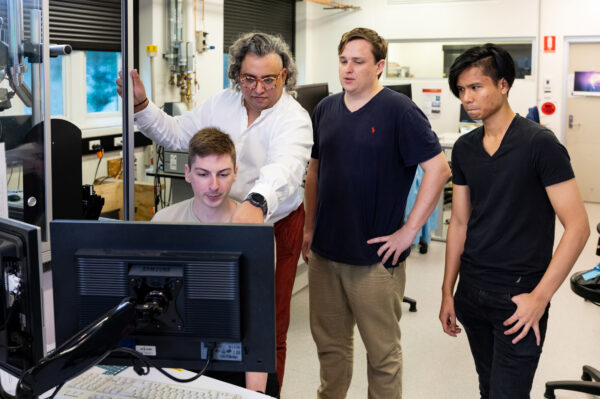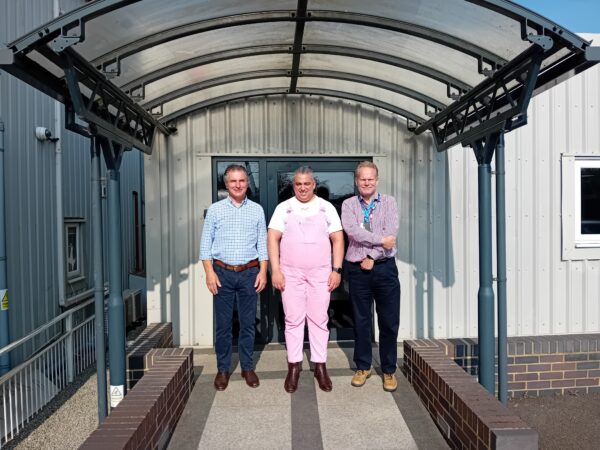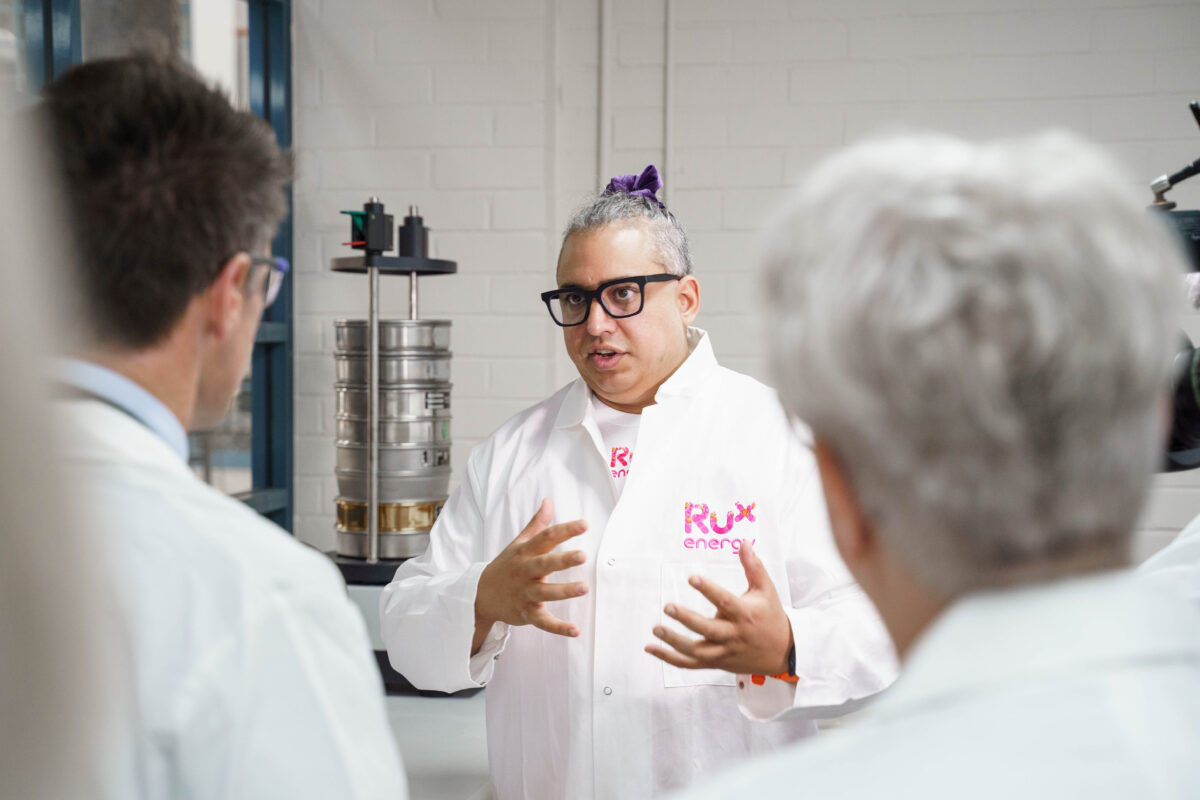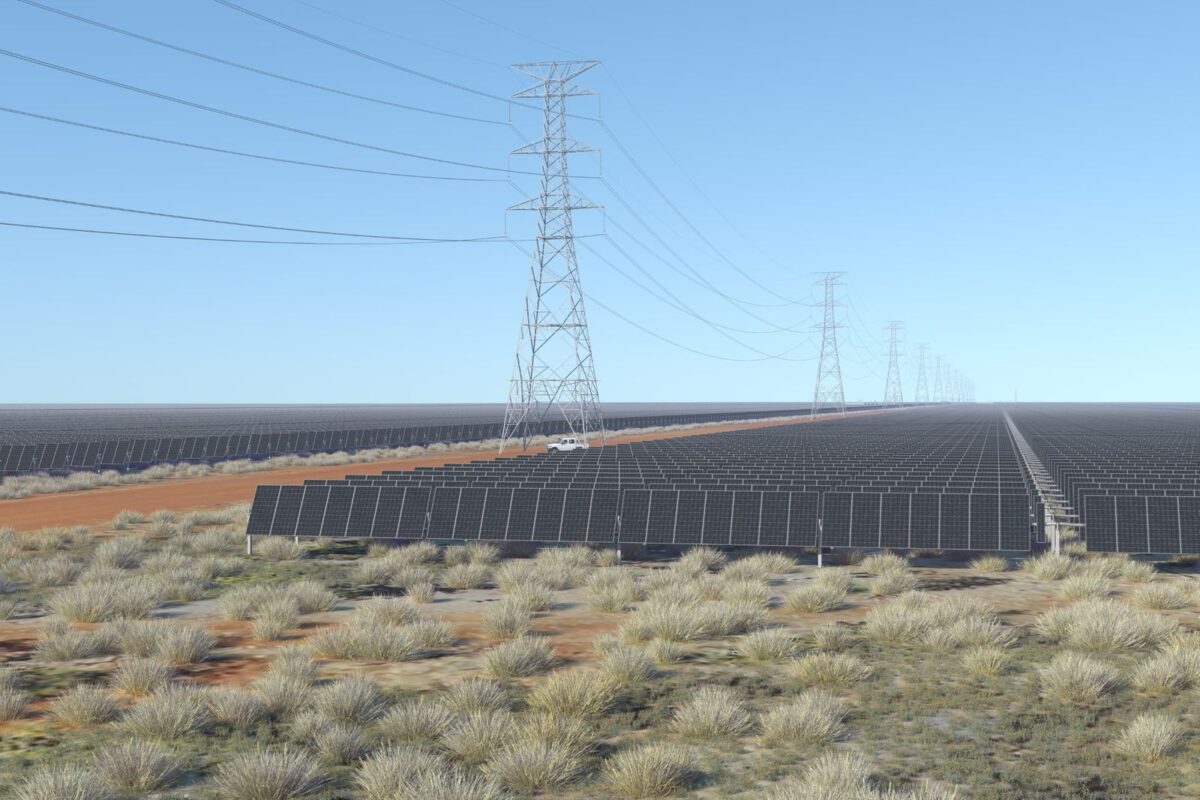Sydney-based company Rux Energy has secured $3 million (USD 1.3 million) in the latest round of federal Cooperative Research Centres Projects (CRC-P) grants to fund its pilot manufacturing and industrial validation trials, announced on Tuesday.
Rux Energy is commercialising technology that uses nanoporous materials that it says allow it to store hydrogen at near-liquid densities in moderate temperatures and at lower pressures with zero boil-off. The technology claims to be 10 times more energy efficient and “far cheaper” than the current offerings.
According to the company, just one gram of this nanomaterial has a surface area equivalent to a football field. The material thus acts like a sponge to absorb hydrogen without any chemical changes to the hydrogen molecule itself.
Rux Energy’s method involves filling storage tanks with this porous nanomaterial, greatly expanding tank’s surface area and apparently the scope for storing hydrogen in legacy containers and systems. It says the technology enables large volumes of hydrogen to be stored and transported in small, moveable packages.
Rux Energy’s founder and CEO, Dr Jehan Kanga, reportedly discovered these advanced materials while completing a chemistry PhD at the University of Sydney. The university, alongside Vireo Energy, ANL Container Line, and South Australian Hydrogen Hubs are cited as project participants in the government’s recent grant listing announcement.
“We’re not quite bending the laws of physics, but it is a bit like making the tanks bigger on the inside,” Kanga previously told Austrade.

“If our technology can inter-operate with a legacy system, we don’t have to build new systems. We also don’t have to wait for extensive infrastructure developments such as hydrogen pipelines,” Kanga added, noting the benefits of this for accelerating industrial decarbonisation.
While working within existing systems is key, Kanga says Rux Energy is also working with tank manufacturers to develop new optimised carbon composite tanks.
The focal application for Rux Energy’s technology currently revolves around port operations and shipping, including decarbonising tug boats, though the company aims to design its systems for eventual deployment in crew transfer vessels, larger ships, trains and planes.
Emphasising the technology’s flexibility, Kanga says, “if it is no longer needed at the port, the same box can then go up the road and refuel a plant or plug into a brickworks, to replace natural gas.”
Over the last year, the company has received significant attention in the UK, Singapore and US, showcasing its technology at key international events in those regions, with industry trials underway in the UK and Australia, and in the planning stages for Singapore.
UK Ventures
Last month, Rux Energy opened an engineering office in Harwich, Essex, at the centre of Freeport East, one of 12 freeports in the United Kingdom. Freeport East is also importantly slated to become a green hydrogen hub.

Image: Rux Energy
The company has signed memorandum of understanding, or MoU, deals with Freeport East as well as the Universities of Suffolk and Cranfield, and says it is collaborating with industry and academic partners in the UK to demonstrate the feasibility of moveable green hydrogen–powered generators to power ships at port.
It claims these generators could cut marine diesel usage by around one-third and port carbon emissions by around 90%. The project is being dubbed the UK Shoreside Power from Optimised Hydrogen Lifecycle (SPOHL) project.
Back at home in Australia, Rux Energy is a finalist in the InnovationAus 2024 Awards for Excellence in the ‘Translation Hero’ category, set to be decided on October 30.
This content is protected by copyright and may not be reused. If you want to cooperate with us and would like to reuse some of our content, please contact: editors@pv-magazine.com.









By submitting this form you agree to pv magazine using your data for the purposes of publishing your comment.
Your personal data will only be disclosed or otherwise transmitted to third parties for the purposes of spam filtering or if this is necessary for technical maintenance of the website. Any other transfer to third parties will not take place unless this is justified on the basis of applicable data protection regulations or if pv magazine is legally obliged to do so.
You may revoke this consent at any time with effect for the future, in which case your personal data will be deleted immediately. Otherwise, your data will be deleted if pv magazine has processed your request or the purpose of data storage is fulfilled.
Further information on data privacy can be found in our Data Protection Policy.